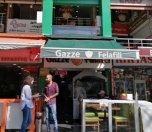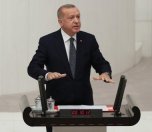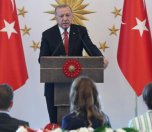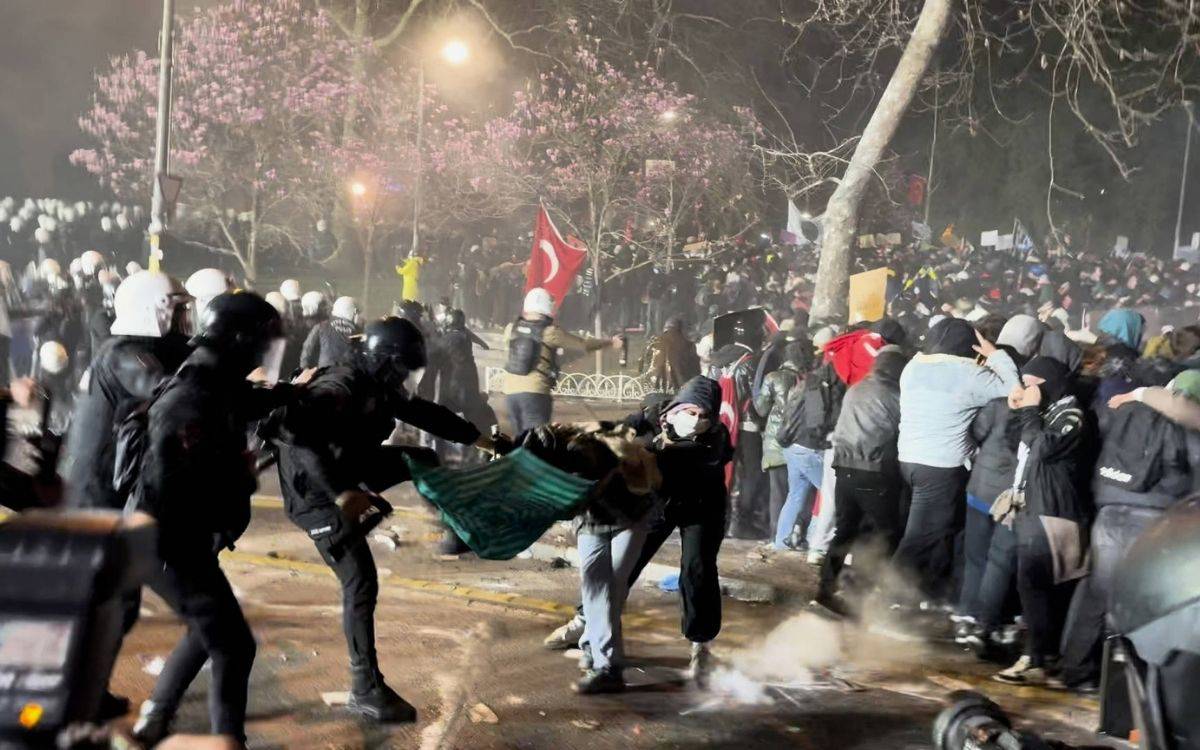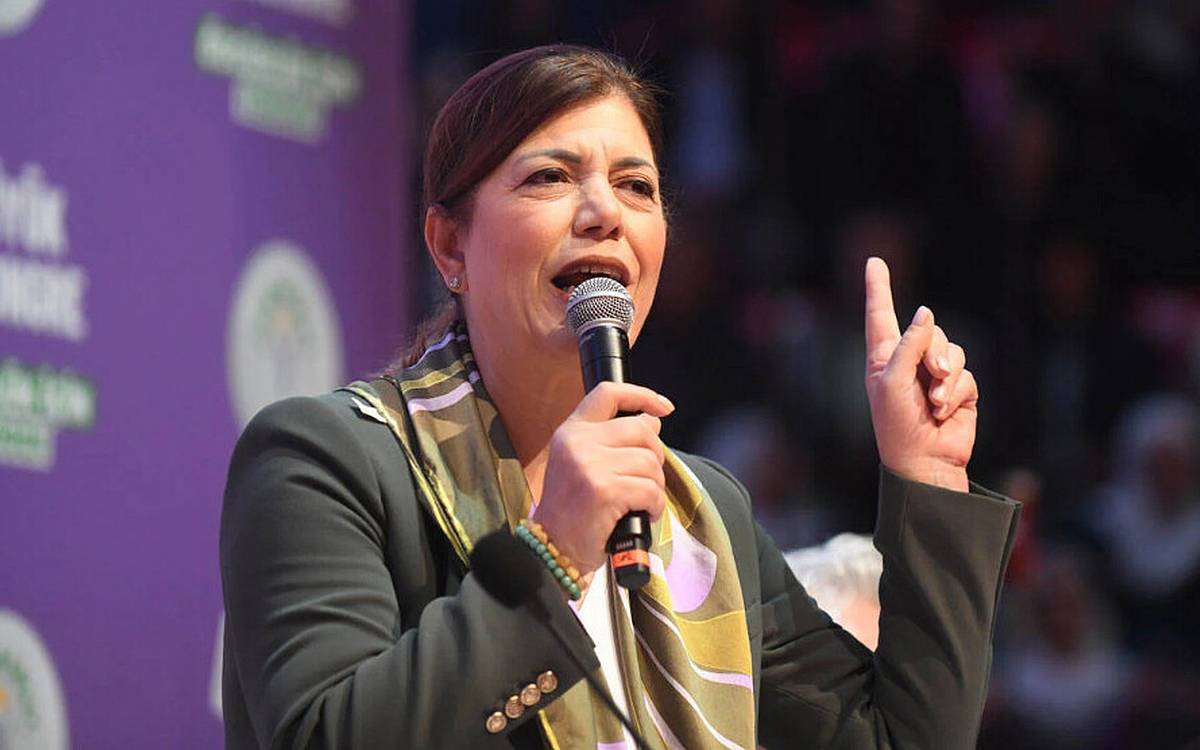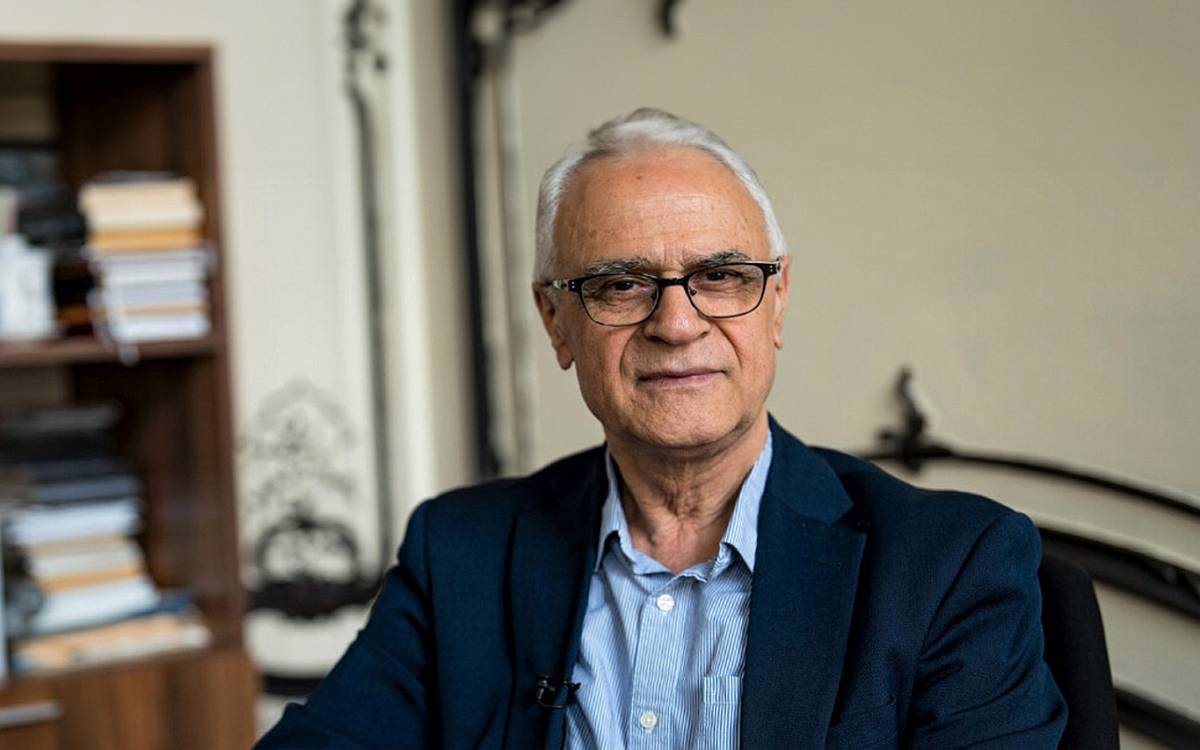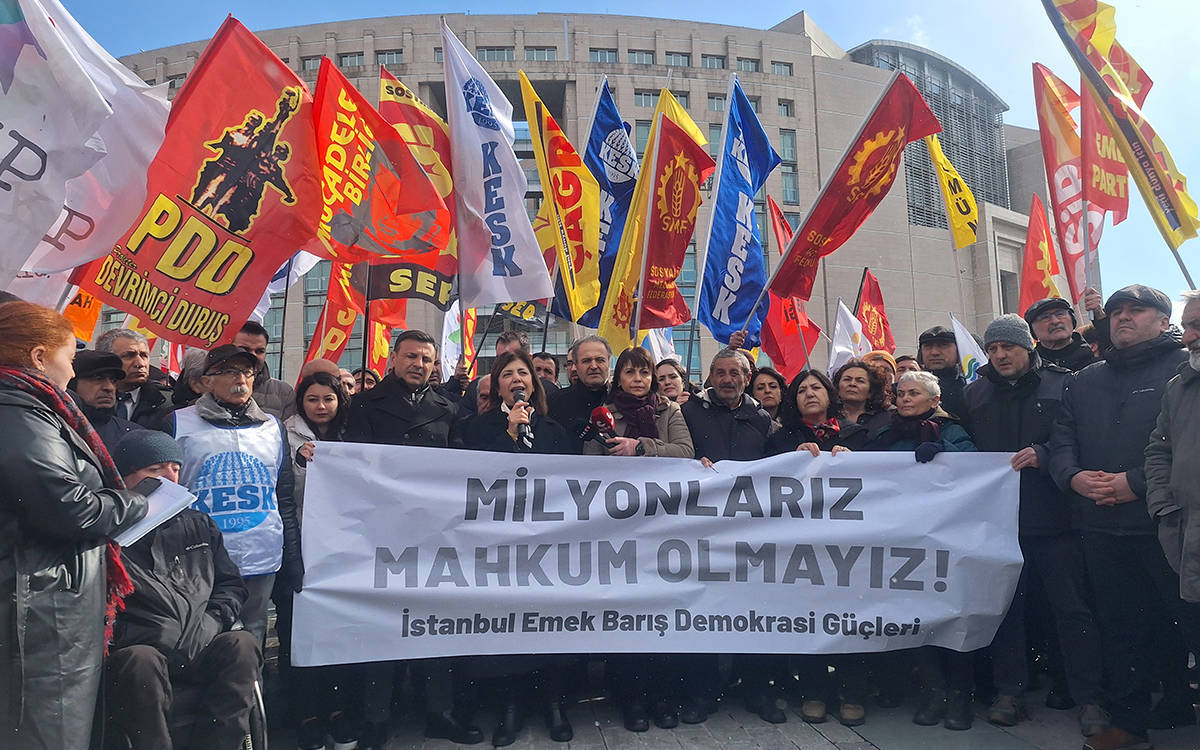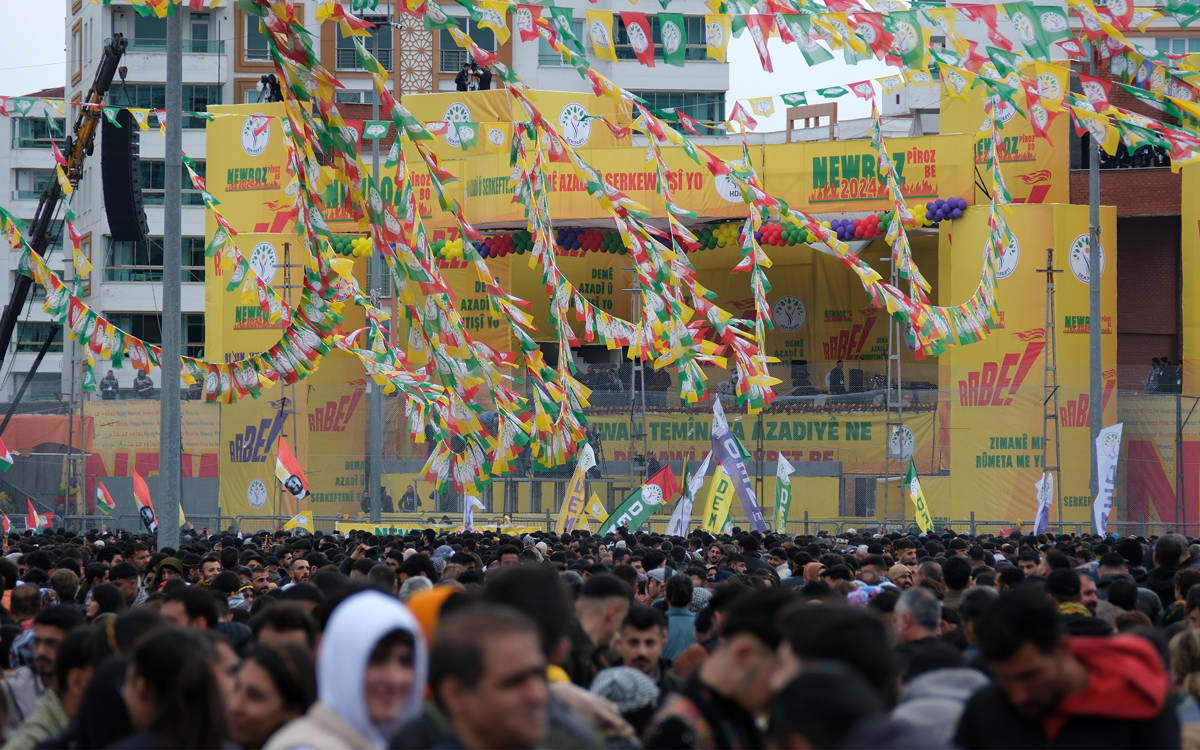* Photo: Anadolu Agency
Click to read the article in Turkish
The repatriation of Syrian refugees who fled war and took shelter in Turkey has been on the agenda for months. The return of refugees is one of the most important targets set for the "safe zone" to be established by Turkey's recently paused military operation into northern Syria.
CLICK - President Erdoğan: We will Settle 2 Million People in Safe Zone
Who will protect the 1-2 million refugees that Turkey plans to settle in the "safe zone"? What risks does this plan pose? Are there similar "safe zones" previously established in other parts of the world?
Assoc. Prof. Didem Danış from Galatasaray University, who is also one of the founders of Association for Migration Research (Göç Araştırmaları Derneği - GAR), has answered our questions.
Reminding us that the first safe zone where refugees were settled was established in Iraq in 1991, Danış has indicated, "The safe zone in Iraq was established based on an official decision by the United Nations (UN). But, there has not yet been an official UN decision on a safe zone to be formed in northern Syria. Who will protect this zone?"
Danış has indicated the following in brief:
"It was implemented for the first time in 1991'
"In April 1991, Kurds who fled from the attacks of Saddam Hussein took refuge in Turkey. Turkey kept them in border region for 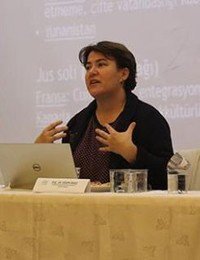 around two and a half months and it constantly tried to send them back all through this period. But, with the initiative of the then President Turgut Özal and at the request of the US, the 36th parallel north was designated as a no-fly zone, which means that a safe zone where the regime army could not attack was established in the region. And this zone was protected by the allies.
around two and a half months and it constantly tried to send them back all through this period. But, with the initiative of the then President Turgut Özal and at the request of the US, the 36th parallel north was designated as a no-fly zone, which means that a safe zone where the regime army could not attack was established in the region. And this zone was protected by the allies.
CLICK - 'States Shouldn't Make Decisions on our Behalf'
"It was an important move in terms of refugee movements, because it was an unprecedented model. People who are subjected to persecution and oppression in their countries flee, take refuge in another country and seek international protection there. But, the Western world found such a 'solution' in the face of high number of refugees who requested asylum. A safe zone was created for people in their own land and the burden on Western countries that did not accept refugees was lifted in that way.
CLICK - Does Turkey's Plan to Resettle Millions of Refugees in Northern Syria Make Sense?
'There has been no UN decision yet'
"One aspect of the safe zone created there was that there was an official UN decision on it. There was an international legitimacy and legality in that respect. But, there has not yet been an official UN decision on a safe zone to be established in northern Syria. Who will control this zone? It is the most important question now. Who will protect it? Those people fled the persecution of Assad, that was why Turkey received them with open arms.
'Who will be settled in safe zone?'
"The safe zone in the north of Iraq was already a Kurdish-populated region and as the people who fled were also Kurdish, it was easy to settle them there. The safe zone there has then turned into an autonomous structure, it has become what we call today Kurdistan Regional Government.
"Who will be settled in the safe zone to be created by Turkey in Syria? How will the people, the majority of whom came from Aleppo and Damascus, be settled in Idlib or the regions controlled by Turkey? Moreover, how will voluntary return be ensured? Voluntary return is the essential principle of international asylum law: If they will return, they should do it voluntarily.
'They shouldn't be forced to return'
"After the decision of the İstanbul Governorship in August, we saw that the returns were not that voluntary. We heard quite substantiated allegations that they did not sign the repatriation papers voluntarily. In case of an attack by Syrian regime, who will protect this zone and to what extent? In short, people should not be forced to return to the region where they do not feel safe."
About Assoc. Prof. Didem DanışFaculty member at the Department of Sociology of Galatasaray University. She completed her PhD at the EHESS (Ecole des Hautes Etudes en Sciences Sociales) in 2008. After graduating from the Departments of Political Science and sociology at Boğaziçi University in İstanbul, she did her Master's Degree in Sociology at Middle East Technical University (METU) in Ankara. She thought at several universities in France as a visiting lecturer. Her main fields of academic interest are migration, urban sociology and social demographics, on which she has published articles and two books. She is the Founding Chair of Association for Migration Research (Göç Araştırmaları Derneği - GAR). |
(RT/SD)





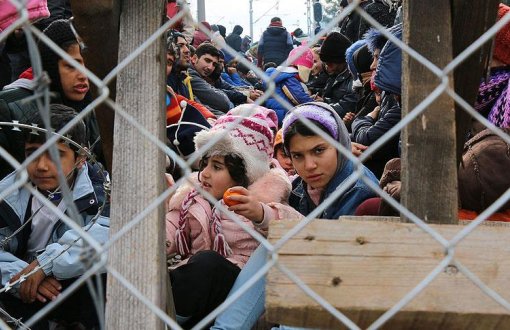
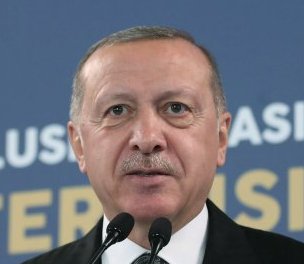
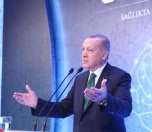
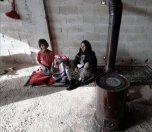
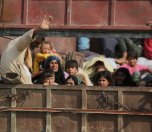
_erdogan-suriye1lckdkıscswl.jpg)
